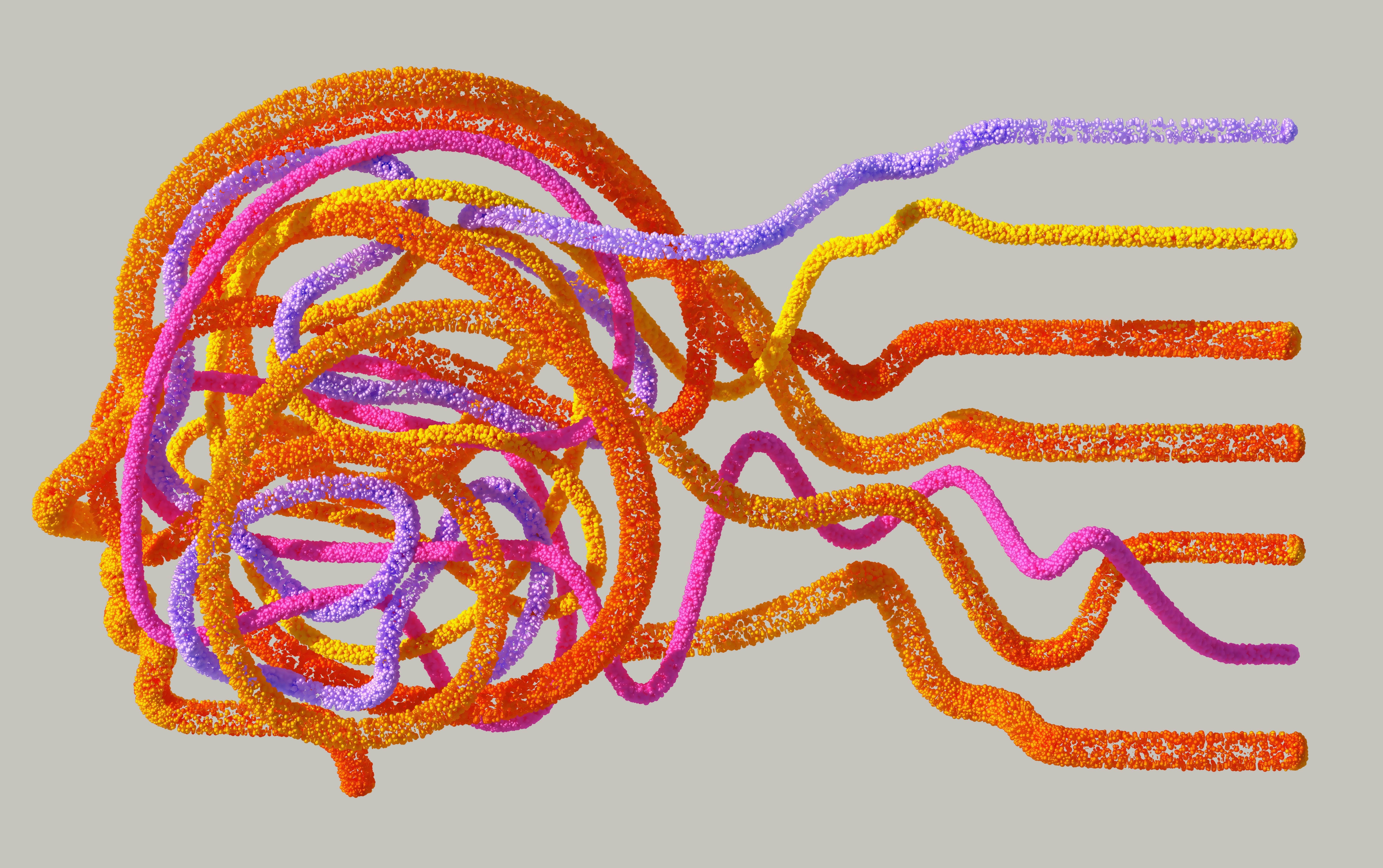Beginners Guide to Blending AI into your workflow
As organizations strive to stay ahead in a digital era, blending AI into daily operations is no longer a luxury but a necessity. This article explores practical strategies for seamlessly incorporating AI into your modern workflow to maximize productivity and achieve sustainable success.
Text-based AI Tools
For those who are new to using AI Tools, a good place to start is the Text-based AI Tool that arguably started it all - ChatGPT. It's completely free, easy to use and can significantly increase your efficiency and accuracy in many day-to-day operations. (https://chat.openai.com/)
Once you're logged in, we recommend you try out a few questions/prompts. Some suggested prompts you could use to start could be:
- Write 10 Interesting and Witty Social media posts for an Advertisement about Coca Cola

- Write 10 different personalized emails that inform each person that I'm hosting an event

- Write out detailed process documentation for using Microsoft OneDrive

Using this simple function, you can make a variety of different tasks more efficient and accurate - such as writing articles, social media posts, emails, legal letters, documentation about specific processes etc. There other text-based AI tools that do similar things which you can explore such as Bing Chat, xAI and more - but for a beginner, ChatGPT will more than suffice.
Image based AI Tools
Now that you're comfortable with text-based AI tools, its a good time to try out an Image based AI Tool as well. We recommend using the Microsoft Bing AI Image Generator (https://www.bing.com/images/create).
Once you're logged in, we're going to try some similar prompts to before to see what we can add to our existing information. You could use some of the example prompts below:
- Coca-Cola bottle being enjoyed in the sun near a pool with friends

- Impressionist, a soft fireplace in a log cabin with friends and family sitting around sharing stories and drinking wine

- Cubist version of the OneDrive Logo

Identify Workflow Challenges
Once you're more comfortable using these tools, start by identifying areas within your workflow that can benefit from automation or data analysis. Whether it's managing emails, organizing files, or extracting insights from data, pinpointing specific challenges will guide you in selecting the right AI tools for you.
A Hospitality business could use ChatGPT to write out interesting and unique Menu layouts for their restaurant each month - 'Write a Restaurant menu for a 1950's American style Diner with a focus on Milkshakes and Cakes'
A Finance business could use ChatGPT to write a personalised Letter to all of their investors informing them of an increase in customer spending. 'Write 10 different letters for my business Investors regarding an increase in customer spending'
A Marketing agency could use AI Image Generation to implement more efficient and meaningful design into their work. 'Design a blue and white logo for a Steel Manufacturing business located in Australia'
Integration Tips
Start Small
Begin by integrating AI into one aspect of your workflow. Whether it's automating a repetitive task or using a virtual assistant for reminders, starting small allows you to gauge the impact without overwhelming yourself.
Embrace Virtual Assistants
Virtual assistants can become your AI sidekick, managing schedules, setting reminders, and providing information swiftly. Whether it's Siri, Google Assistant, or Amazon Alexa, these tools can make your day more organized and efficient.
Leverage Automation
Explore task automation tools to streamline repetitive processes. For instance, if you frequently move data between two applications, automation tools like Zapier can save you time and effort.
Emphasize Data Security
When integrating AI into your workflow, prioritize data security. Ensure that the tools you use comply with privacy regulations, and be cautious about granting excessive permissions.
Continuous Learning
AI algorithms improve over time through machine learning. Regularly assess and update your AI tools to take advantage of the latest features and improvements.
Collaborate with AI
AI is most effective when it collaborates with human input. Use AI as a tool to enhance your capabilities, combining the strengths of both human intuition and machine efficiency.
Monitor Performance
Regularly assess the impact of AI integration on your workflow. Evaluate whether the tools are achieving the desired outcomes and adjust settings or processes accordingly.
Realizing the Benefits
As AI becomes an integral part of your workflow, you'll likely experience several benefits:
- Time Savings: Automation reduces manual effort, freeing up time for more strategic and creative tasks.
- Improved Decision-Making: Data analytics tools provide valuable insights, aiding in more informed decision-making.
- Enhanced Productivity: Virtual assistants and task automation contribute to a more streamlined and efficient work routine.
- Consistency: AI performs tasks consistently without succumbing to fatigue or distractions.
- Personalization: AI can tailor recommendations based on your preferences and work patterns, providing a more personalized experience.
Integrating AI into your workflow is not a one-size-fits-all endeavor. It requires thoughtful consideration of your specific needs and a willingness to adapt to new technologies. By identifying challenges, selecting the right tools, and following integration tips, you can seamlessly blend AI into your daily routine, unlocking a new level of efficiency and productivity. Embrace the future of work with AI as your trusted ally.

.png?width=50&name=Downloads%20(8).png)




